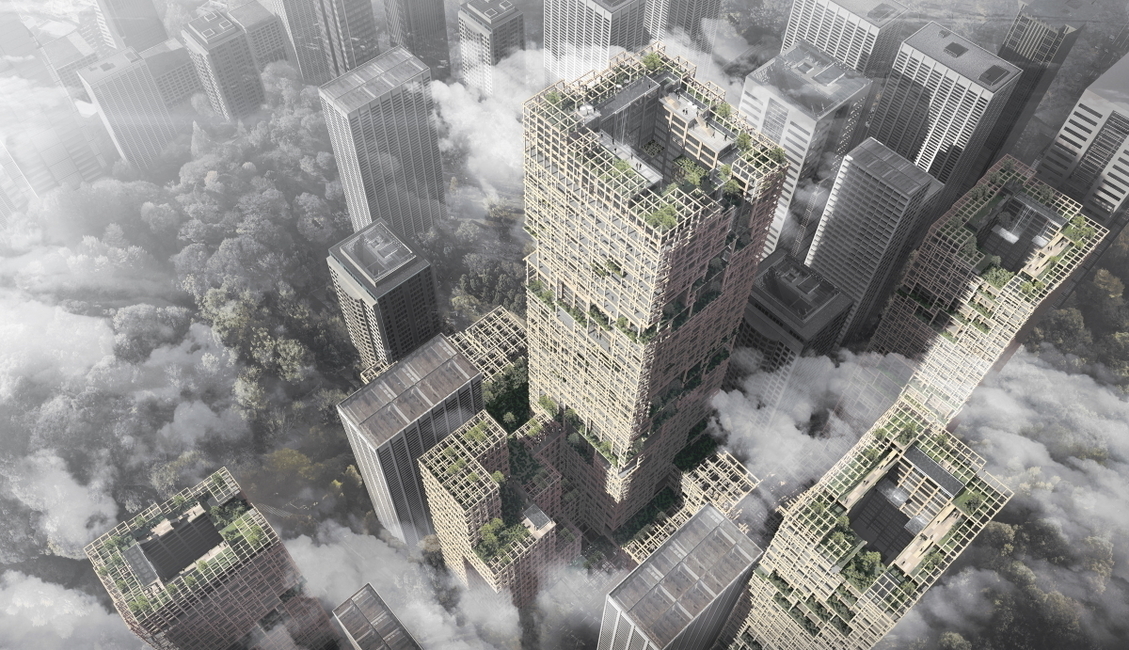Japanese architecture, engineering and urban design firm Nikken Sekkei will be revealing results of its recent study on sustainability and wooden structures during Cityscape Global taking place at the Dubai World Trade Centre until the 27 September.
The firm will also be sharing more information about the the multi-billion-dollar W350 project, which upon completion, will be the tallest wooden skyscraper in the world.
Nikken Sekkei, who will exhibiting a range of tall buildings and sustainable projects, will also be discussing the positive environmental impacts of using timber in construction around the world.
"There are far reaching benefits beyond reduced carbon emissions," said Dr. Fadi Jabri, Nikken’s executive officer and principal responsible for MENA, CIS, India, Australia and Europe regions.
"In Japan for example, where W350 will be built, by engaging the use of wood for high-rise urban buildings and increasing demand for timber, there is an excellent opportunity to revitalise the country’s forestry industry and make it more sustainable.
“Increased demand for timber at local level requires greater management of the country’s forest, the management in turn ensures their health, which then promotes the absorption of CO2 and ultimately creates a greener environment for every citizen – this is our commitment to sustainable urban living.”
The US$5.5 billion W350 mixed-use skyscraper is currently in progress and aims to create a blueprint that will eventually see 100m tall timber structures common place throughout Japan and the rest of the world.
One drawback of building with wood is the high cost, almost double what a conventional high-rise would be. However, Nikken Sekkei believes research and technological advancement in wood construction will make the project more economically feasible.
“When we began working on this project one of the goals was to develop innovation to make large-scale wood constructions a reality and more affordable. We envisage in the years to come a raft of new materials and methods that will make this a reality and cities around the world more environmentally friendly,” added Dr. Jabri.
